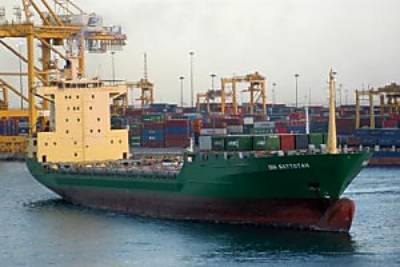WASHINGTON, Aug. 15, 2011 — U.S. and South Korean troops will begin the 10-day Ulchi Freedom Guardian exercise tomorrow, conducted annually by the Republic of Korea-United States Combined Forces Command to improve combat readiness.
Tens of thousands of U.S. and South Korean troops are expected to mobilize in and around the South Korean capital of Seoul for the computer-assisted simulation command post exercise, command officials said.
Like all the command’s exercises, officials said, the Ulchi Freedom Guardian is routine and defense-oriented. It is designed to improve the alliance’s ability to defend South Korea by training service members while exercising senior leaders’ decision-making capabilities, they added.
Ulchi Freedom Guardian 2011 is a demanding exercise that presents “a great opportunity” for joint and combined forces to evaluate the mission-essential and critical supporting tasks, said Army Gen. James D. Thurman, Combined Forces Command commander.
“Ulchi Freedom Guardian is designed to enhance the interoperability of the United States and Republic of Korea military forces while enhancing the combat readiness of the alliance,” he said. “UFG 11 will present the alliance with tough and realistic training events focused on preparing, preventing and prevailing against the full range of current and future threats to the Republic of Korea and the region.”
United Nations Command officials said the North Korean army was informed through their Panmunjom Mission of the Aug. 16–26 exercise and its nonprovacative nature.
Last month, Navy Adm. Mike Mullen, Joint Chiefs of Staff chairman, praised South Korean leaders for their “poise and calm” during North Korea’s provocations in 2010.
“The north should not mistake their restraint as a lack of resolve, nor should they interpret it as a willingness to accept continued attacks,” Mullen said during a media roundtable in Seoul.
South Korean President Lee Myung-bak has made clear that his country won’t tolerate more attacks like the sinking of the South Korean navy ship Cheonan in March 2010 that killed 46 sailors or the artillery strike on Yeonpyeong Island in November that killed four, including two South Korean marines, Mullen said.
“This alliance is firm,” the chairman said in Seoul on July 14, the day Thurman assumed command of United Nations Command, Combined Forces Command and U.S. Forces Korea. “There may have been a change of command here today, but nothing has changed about the United States’ military resolve and readiness.”
Source:
U.S. Department of Defense
Office of the Assistant Secretary of Defense (Public Affairs)

 von
von 
